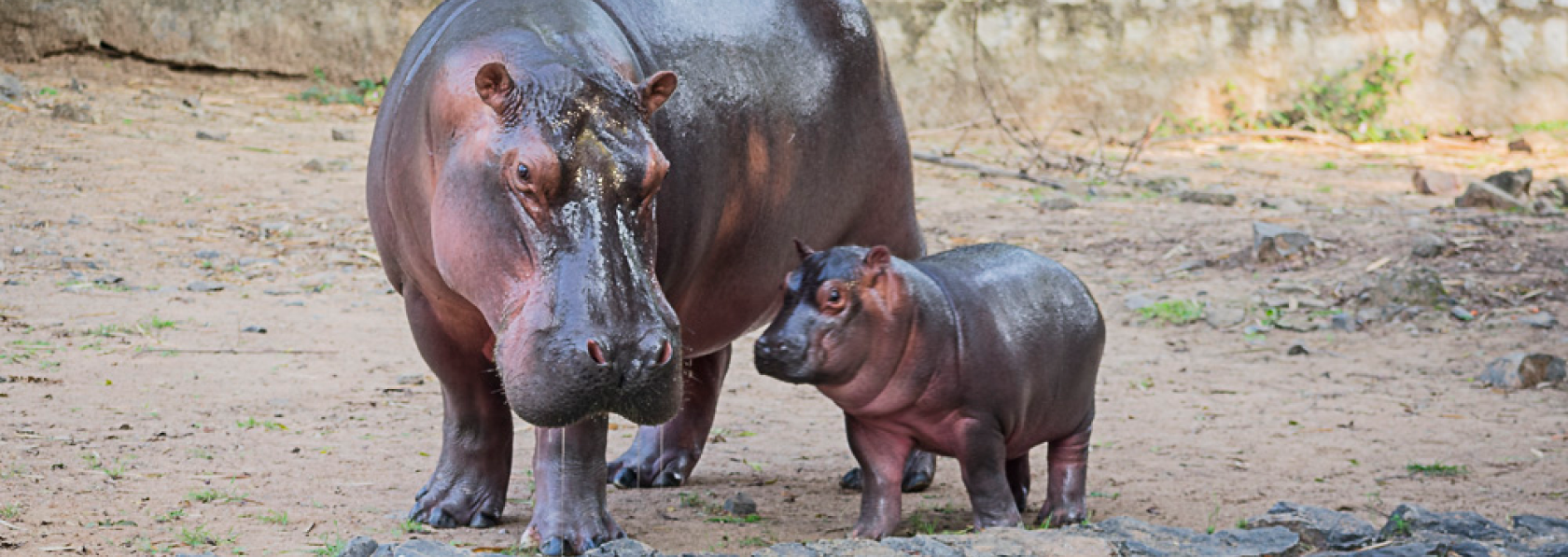
Veterinary Care
Veterinary Objectives
The Veterinary team at AAZP includes one Veterinary Officer, Two Veterinary Assistant Surgeons (Deputation From TN Animal husbandry Department), One Lab assistant, and Two assistants. The Veterinary Team takes rounds every day in the Morning to all enclosures in the Zoo, to assess the health of Zoo animals, birds, reptiles, and related issues like Hygiene. Depending on the severity of the sickness, the animals will be either isolated and shifted to an in-patient ward or kept in the animal house for further care, monitoring, and treatment. The fully equipped Zoo hospital with lab facilities is available at AAZP. A spacious Quarantine unit to accommodate newly acquired animals and sick animals suspected of contagious diseases is also available.Veterinarians continuously ensure the Quality and Quantity of animal feeds.
Veterinary internship training programme
Veterinary Internship students from Tamilnadu Veterinary and Animal Science University (TANUVAS) and other Veterinary colleges from south India. International Veterinary Students from Georgia, Oklahoma, Washington DC University (United States of America) also visits Arignar Anna Zoological Park for an exposure visit. During the internship training, students were exposed to various wildlife health management, restraint, disease prophylaxis, Nutrition, feed analysis and safety measures. Apart from this, as our zoo hospital is capable providing emergency and critical care to wildlife with unique infrastructure and skilled personnel, an exposure based externship for international Wildlife medicine resident students were also conducted.
Prophylaxis
- Prophylactic Deworming of all mammals, birds and Reptiles were done every 3 month (April, July, October, January).
- Lions, Royal Bengal Tigers, White Tigers , Leopards, and small felids were vaccinated against Feline panleucopenia, feline calcivirus, and feline rhinotracheitis virus and Rabies Virus on annual basis.
- Triquin as prophylaxis is administered to all Lions, Tigers, Leopards, Wolf, jackal, hyaena and Wild dogs on Quarterly basis.
- Wolf, Striped Hyaena, Jackal were vaccinated with Canine DHLPPi and rabies virus on annual basis.
- The bovines which includes Gaurs and Nilgai were vaccinated against FMD, Black quarter and Haemorrhagic septicaemia.
- Elephants were vaccinated against Hemorrhagic septicaemia Tetanus Toxoid and Anthrax.
- Annual ring vaccination around the Zoo boundary Villages were done against, FMD,Black quarter, Haemorrhagic Septicaemia and Anthrax by state animal Husbandry Department before Northeast Monsoon.
- Ectoprasiticidal (Deltamethrin, Cypermethrin) spraying and Animal house disinfection with Flame Gun in all carnivore enclosures on monthly basis.


